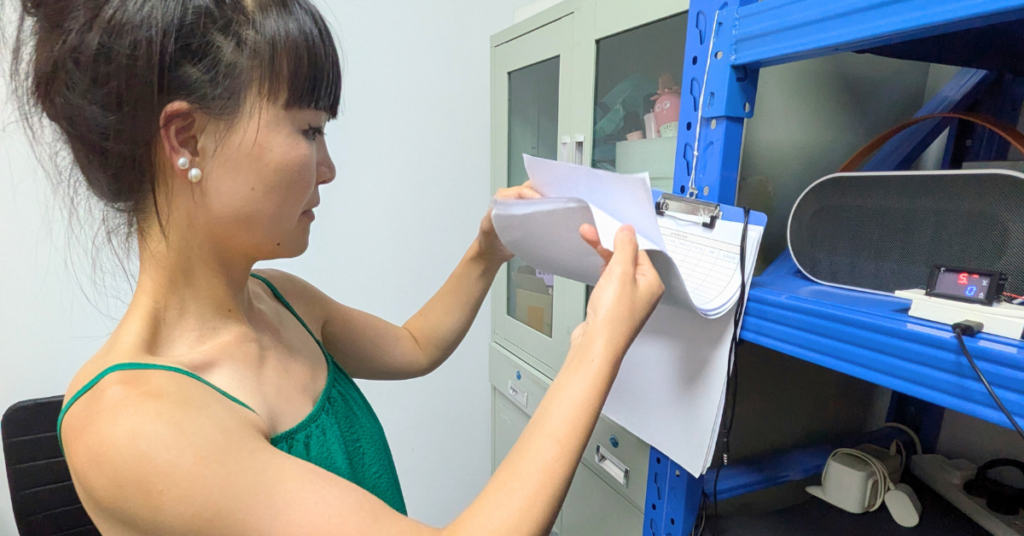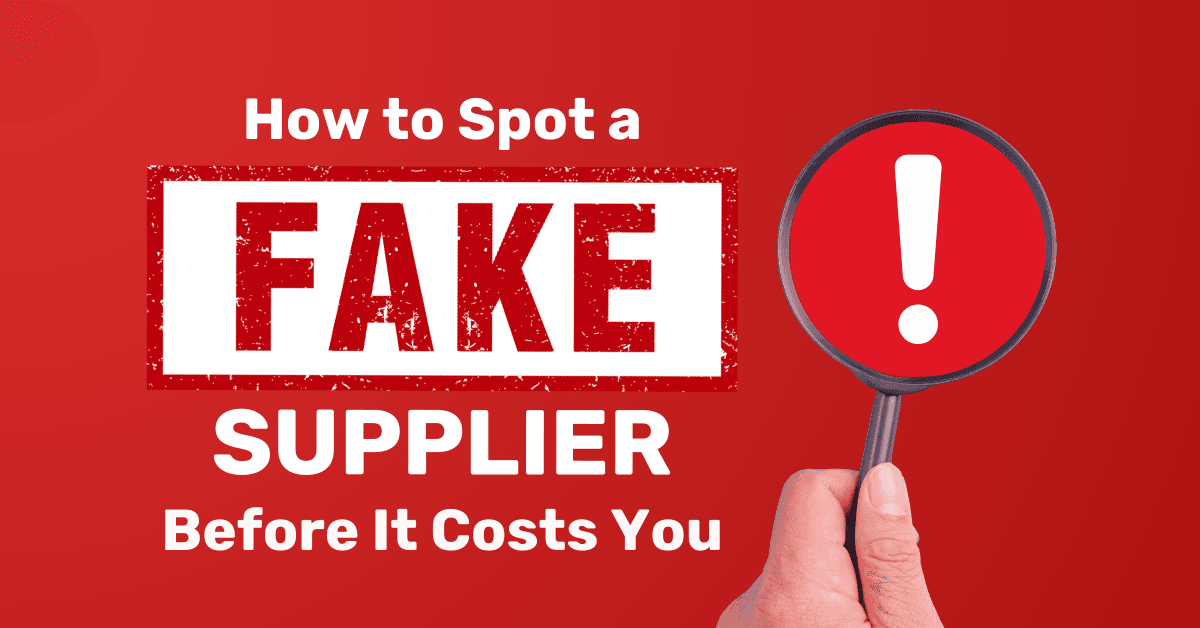Not all suppliers are created equal. Some are legitimate manufacturers, while others are middlemen looking to take a generous cut. Worse yet, some are outright scammers waiting to disappear with your money. Whether you’re sourcing products for e-commerce, retail, or private label brands, working directly with a real factory is key for quality control, pricing, and long-term success.
So how do you separate the real manufacturers from the fakes? By learning the warning signs and taking smart verification steps before placing large orders.
Table of Contents
- The Difference Between Manufacturers, Middlemen, and Scammers
- Red Flags to Watch For
- How to Verify a Supplier
- Taking Action: Ensuring a Reliable Supply Chain
- Protect Your Business with Due Diligence
1. The Difference Between Manufacturers, Middlemen, and Scammers

Before diving into red flags, it’s important to understand the different types of suppliers you might encounter:
- Manufacturers: Own the factories, produce goods directly, and have control over materials and processes.
- Middlemen: Often called “trade companies,” they act as intermediaries between you and the actual factory, often adding a markup and slowing down communication.
- Scammers: Fake suppliers who take your money without delivering products or send subpar goods that don’t meet your specifications.
While middlemen aren’t always bad (some can provide value if they have exclusive factory connections), it’s important to know exactly who you’re dealing with to avoid inflated costs or potential fraud.
2. Red Flags to Watch For

If a “supplier” raises any of these red flags, proceed with caution:
Inability to Answer Basic Production Questions
A real factory knows its own production inside and out. Ask them about:
- Materials used in the product
- Manufacturing processes
- Lead times and production capacity
If they hesitate, give vague responses, or seem clueless, they’re likely not the actual manufacturer.
Suspiciously Low Minimum Order Quantities (MOQs)
Every industry has standard MOQs. If you’re sourcing a product that typically requires 1,000 units per order and a supplier offers just 10 units, that’s a major warning sign. This often means:
- They are resellers, not manufacturers.
- They may be scamming you by taking small deposits and vanishing.
Vague or Incomplete Website Information
A real manufacturer’s website should include:
- A factory address (not just an office location)
- Certifications proving legitimacy and compliance
- Detailed product information, not just stock images
If the site is missing key details and only has fancy product photos, be skeptical.
3. How to Verify a Supplier

Once you’ve identified a potential supplier, it’s time to confirm they’re legit.
Requesting Proof of Legitimacy
Ask for:
- Business licenses registered in their country
- Factory photos showing real production lines and workers
- Past production records or references from previous clients
Legit factories will have no problem providing this information.
Conducting Third-Party Audits
Before committing to a large order, invest in an on-the-ground factory audit. A third-party audit will:
- Physically inspect the facility
- Verify business documents
- Confirm production capabilities
At China Product Pros, we provide factory verification services to ensure you’re working with a trustworthy supplier. Trust, but always verify.
4. Taking Action: Ensuring a Reliable Supply Chain

Protect your business by following these steps:
- Always vet suppliers thoroughly before placing any orders.
- Ask the right questions to identify real manufacturers.
- Avoid deals that seem too good to be true—they usually are.
- Use third-party audits to confirm legitimacy.
- Start with smaller test orders before scaling up.
Protect Your Business with Due Diligence
A cheap deal today can turn into a nightmare tomorrow if you end up working with the wrong supplier. Always do your homework, ask tough questions, and verify before you buy.
Like these tips? Subscribe to our newsletter for more insights on sourcing, manufacturing, and scaling your product business.


0 Comments